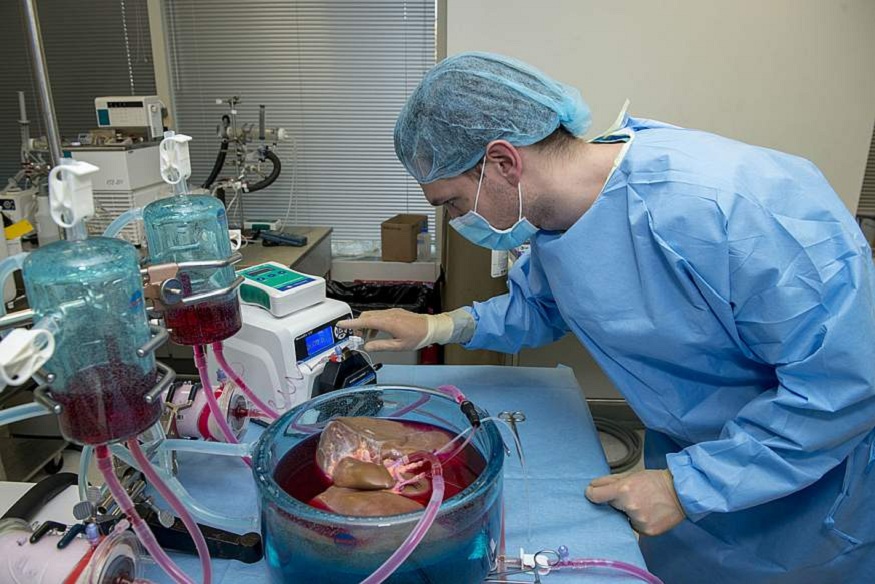Gastroenterologists play a pivotal role in liver transplantation. These specialists manage liver diseases and coordinate care before and after surgery. They assess liver function, guide treatment, and collaborate with transplant teams. Their involvement ensures the best outcomes for patients. Understanding the full range of their duties clarifies why gastroenterologists are essential in this process. This expertise extends beyond liver issues, as they also address conditions like moline colorectal cancer.
The Role of Gastroenterologists in Liver Health
Gastroenterologists specialize in diagnosing and treating liver diseases. They identify conditions like hepatitis, cirrhosis, and liver cancer early. Early diagnosis means more treatment options. This proactive care can delay or even prevent the need for a liver transplant.
In liver transplantation, these experts perform a detailed assessment. They determine if a patient is a candidate for surgery. This involves tests and evaluations to understand the liver’s state. Their work helps create a treatment plan tailored to individual needs.
Collaboration with Transplant Teams
Gastroenterologists work closely with surgeons, hepatologists, and other specialists. This team approach is vital for success. Each expert brings unique skills to the table. Together, they ensure comprehensive care for the patient.
Communication is key in this collaborative effort. Gastroenterologists ensure everyone is informed and coordinated. This unified approach smooths the transplant process. Teams make well-informed decisions for patient care.
Pre- and Post-Transplant Care
Before surgery, gastroenterologists prepare patients physically and mentally. They educate patients about what to expect. This preparation helps reduce anxiety and improves outcomes.
Post-transplant, the focus shifts to recovery and long-term health. Gastroenterologists monitor liver function and manage complications. They adjust treatments as needed to support healing and prevent organ rejection.
The Broader Impact on Patient Health
Gastroenterologists’ involvement extends beyond surgery. They manage chronic conditions that affect liver health. These include obesity, diabetes, and alcohol use. Addressing these issues helps maintain liver function and overall well-being.
This care model emphasizes prevention and education. By teaching patients about lifestyle changes, gastroenterologists empower them to take charge of their health. This proactive approach benefits both liver health and general wellness.
Comparing Roles Within the Transplant Team
| Role | Main Responsibilities |
| Gastroenterologist | Diagnose liver conditions, assess transplant candidacy, and manage pre-and post-surgery care |
| Surgeon | Perform the transplant procedure and manage surgical complications |
| Hepatologist | Specialize in liver diseases and provide medical treatment for liver conditions |
| Transplant Coordinator | Organize logistics, support patient and family through the process |
Current Statistics and Resources
Liver transplant numbers continue to rise. According to the United Network for Organ Sharing, thousands of transplants occur each year in the U.S. This reflects both the high demand for liver health services and the effectiveness of transplantation.
For more information on liver health and transplantation, resources like the National Institute of Diabetes and Digestive and Kidney Diseases offer valuable insights. These sites provide educational materials and support for patients and families navigating liver health challenges.
Conclusion
Gastroenterologists are crucial in liver transplantation. Their expertise ensures effective management of liver diseases and smooth transitions through the transplant process. By working with multidisciplinary teams, they help patients achieve the best possible outcomes. Continued collaboration and education will improve liver health care for many years to come.

